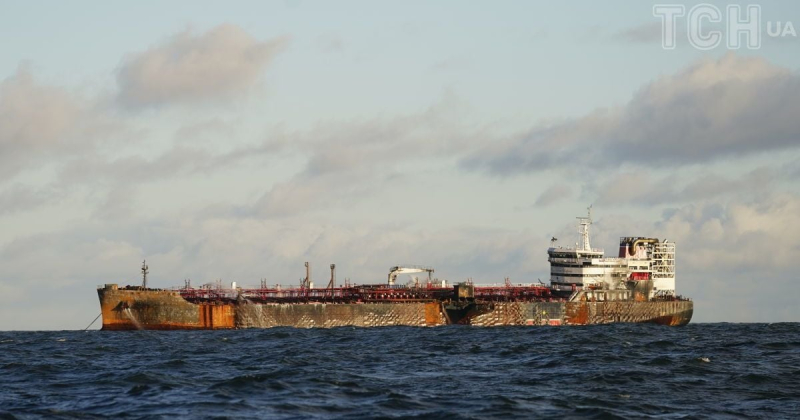Diesel fuel imports from Morocco to Spain have reached a historic high. Experts attribute some of the volumes to Russia.

Moroccan diesel imports to Spain have reached a record high, raising suspicions of re-export of Russian fuel. Data shows that more was imported in two months of 2025 than in the previous four years combined.
El Pais writes about this.
In March-April 2025, 123,000 tons of diesel from Morocco arrived in Spanish ports, according to official data from CORES, the Corporation for Strategic Petroleum Reserves, which reports to the Ministry of Ecological Transition. This is more than three times the volumes imported from Morocco in the entire period 2020-2024. Until then, Morocco had not exported any diesel to Spain.
Some of this fuel may come from Russia, according to industry sources. Morocco has not joined the EU sanctions against Russian oil products, which came into force in February 2023 in response to Russia's full-scale invasion of Ukraine.
The ship monitoring platform Vortexa recorded that more than 1 million tons of Russian diesel arrived in Moroccan ports in 2025 alone — 25% of all Moroccan imports. In 2024, this figure was 9% of the total, and in 2023 — 1.62 million tons.
Experts point out that Morocco has not had any operating refineries since 2016, so purchasing diesel and then re-exporting it seems economically illogical unless the fuel is competitively priced. Such a scenario could indicate that Russian diesel is being mixed, stored and exported with intermediary certification, leaving no trace of its origin.
Similar sanctions-busting schemes have been used for other goods in the past, in particular to avoid trade retaliation between Algeria and Spain, according to industry sources. Spanish authorities have been investigating the origins of the fuel since at least 2023.
It is specified that upon the arrival of the first batches of diesel from the port of Tangier, the investigation was initiated by the Ministry of Ecological Transition. However, due to the physical properties of the fuel, it is extremely difficult to determine the exact country of its production, even for specialists.
In the autumn of 2024, the Spanish antitrust authorities and the National Fraud Investigation Office launched an investigation into a large-scale fuel import scheme dubbed the “diesel mafia”. According to Cadena Ser, the scheme involved 1.9 billion euros.
According to the investigation, the scheme involved importing diesel fuel, including refined diesel, from sanctioned countries – Syria, Russia and Iran – and changing its origin via Turkey and Morocco, with documents issued stating that the fuel had been loaded, refined or processed to remove any indication of its true source.
Several companies that imported diesel fuel from Morocco in 2023 are suspected of using fuel of Russian origin, which gave them a price advantage. Some of them have already been suspended or are involved in legal proceedings.
In addition to Morocco, there has been a significant increase in diesel fuel supplies to Spain from Singapore and Turkey, countries that were not previously major exporters of this product to the Spanish market.
Back in mid-2023, when the first suspicions emerged about Russian fuel coming through third countries, the CEO of Exolum (former CLH), Jorge Lanza, admitted that the government did not have the technical ability to confirm the origin of the diesel, including whether Russian fuel was coming to Spain through Turkey.
Concerns about unfair competition have also been raised by energy sector representatives. Repsol CEO Josu John Imaz said in February 2024 that imports of fuel produced from Russian oil were undermining the position of Spanish refiners who were investing in decarbonization and complying with sanctions policies.
“When an Indian refinery starts buying Russian oil to make diesel, it puts it on the European market under conditions that are detrimental to our competitiveness,” Imas said.
In 2023, he raised the issue of illegal imports of Russian fuel at the level of the European Commission.
Despite the restrictions imposed after Russia's invasion of Ukraine, the Russian economy continues to grow. According to the IMF, Russia's GDP grew by 4.1% in 2024, outpacing the United States, the eurozone, and Spain. Growth is expected to slow in 2025-2026, but will remain positive.
In its analysis, the BBC notes that even with sanctions, revenues from oil and gas exports continue to fill Russia's budget. The main destinations have become India and China, where large volumes of Russian raw materials are being redirected.

